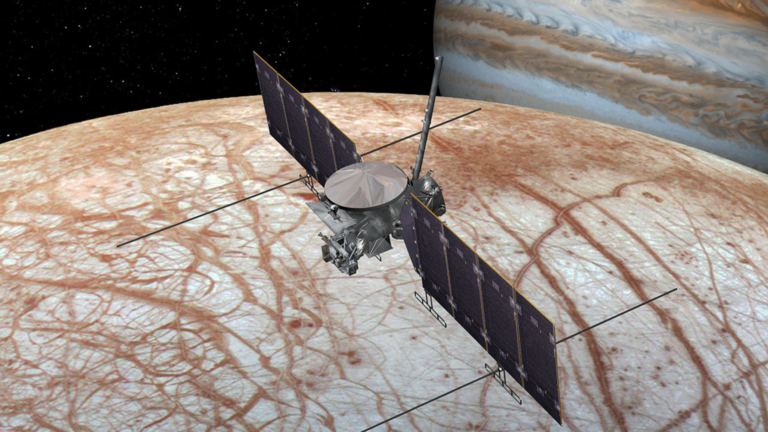
NASA announced today that the Kepler spacecraft, which is controlled by students and professionals in the LASP Mission Operations Center, has discovered the first confirmed planetary system with more than one planet transiting the same star.
The transit signatures of two distinct planets were seen in the data for the sun-like star designated Kepler-9. The planets were named Kepler-9b and 9c. The discovery incorporates seven months of observations of more than 156,000 stars as part of an ongoing search for Earth-sized planets outside our solar system. The findings will be published in Thursday’s issue of the journal Science.
Kepler is one of several missions currently operated at LASP; students take training to be certified operators with oversight from professionals.
For more information about LASP’s role on Kepler, please see https://lasp.colorado.edu/missions-projects/quick-facts-kepler/.
For more information on the discovery, read the NASA press release at http://www.nasa.gov/mission_pages/kepler/news/two_planet_orbit.html.



